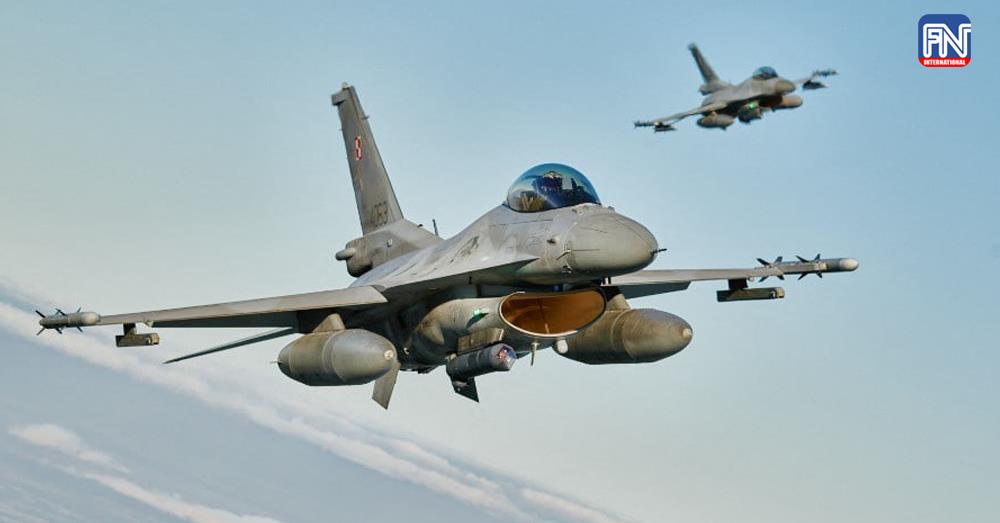BRUSSELS, June 12 (AFP) - NATO will begin the largest air force deployment exercise in Europe in the alliance's history on Monday in a display of unity toward partners and potential threats such as Russia.
The German-led "Air Defender 23" will run until June 23 and include some 250 military aircraft from 25 NATO and partner countries including Japan and Sweden, which is bidding to join the alliance.
Up to 10,000 people will participate in the drills intended to boost interoperability and preparedness to protect against drones and cruise missiles in the case of an attack on cities, airports or sea ports within NATO territory.
Presenting the plans last week, Lieutenant General Ingo Gerhartz of the German Luftwaffe said "Air Defender" was conceived in 2018 in part as a response to the Russian annexation of Crimea from Ukraine four years before, though he said it was "not targeted at anyone".
He said that while NATO would defend "every centimetre" of its territory, the exercise would not "send any flights, for example, in the direction of Kaliningrad," the Russian enclave bordering alliance member states Poland and Lithuania.
"We are a defensive alliance and that is how this exercise is planned," he said.
US Ambassador to Germany Amy Gutmann said the drill would show "beyond a shadow of a doubt the agility and the swiftness of our allied force" and was intended to send a message to countries including Russia.
"I would be pretty surprised if any world leader was not taking note of what this shows in terms of the spirit of this alliance, which means the strength of this alliance, and that includes Mr Putin," she told reporters, referring to the Russian president.
"By synchronising together, we multiply our force."
Russia's war on Ukraine has galvanised the Western military alliance set up almost 75 years ago to face off against the Soviet Union.
Finland and Sweden, which long kept an official veneer of neutrality to avoid conflict with Moscow, both sought membership in NATO after Russia's February 2022 invasion.
Under NATO's Article Five, an attack on one member is considered an attack on all.
